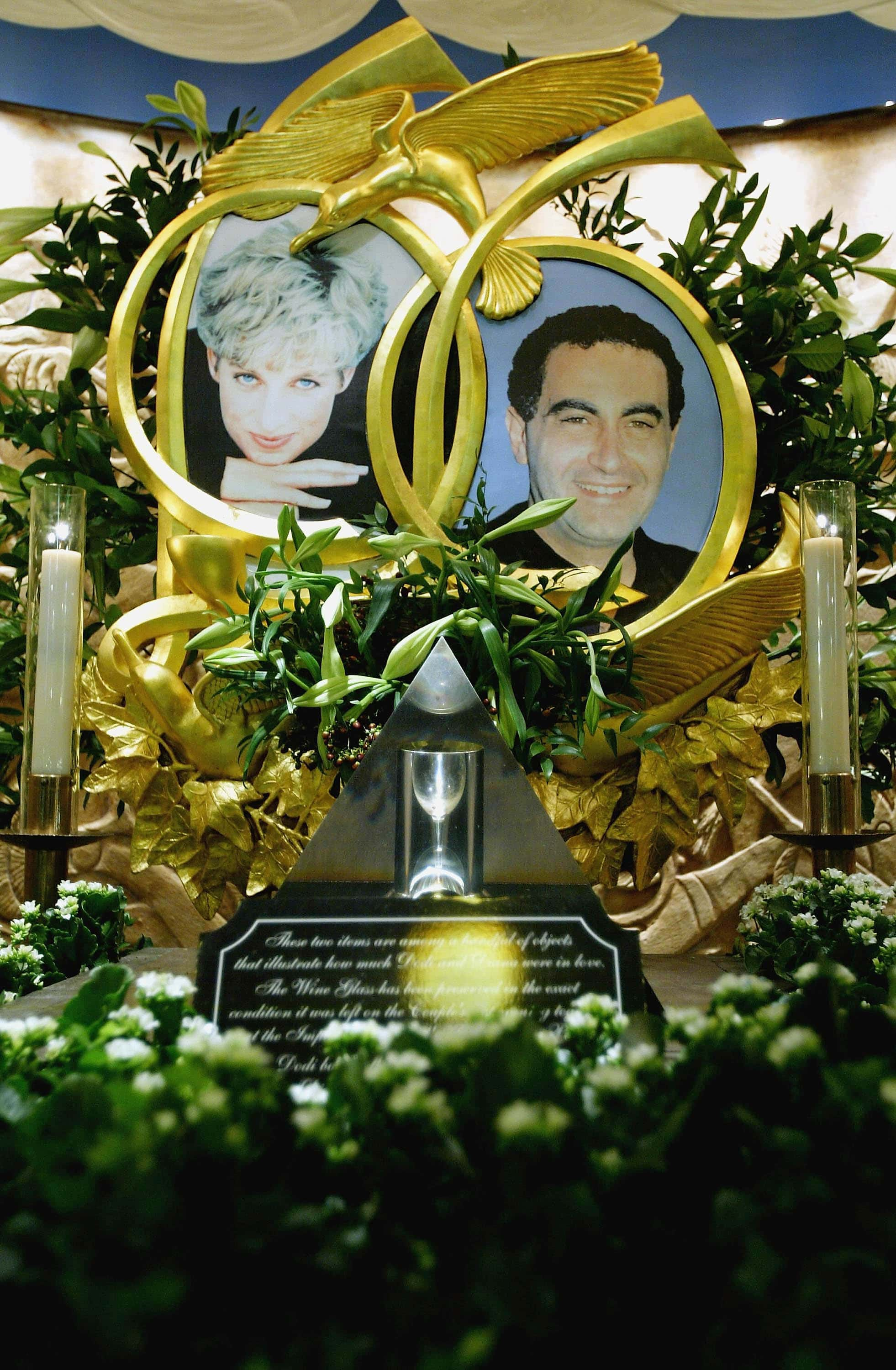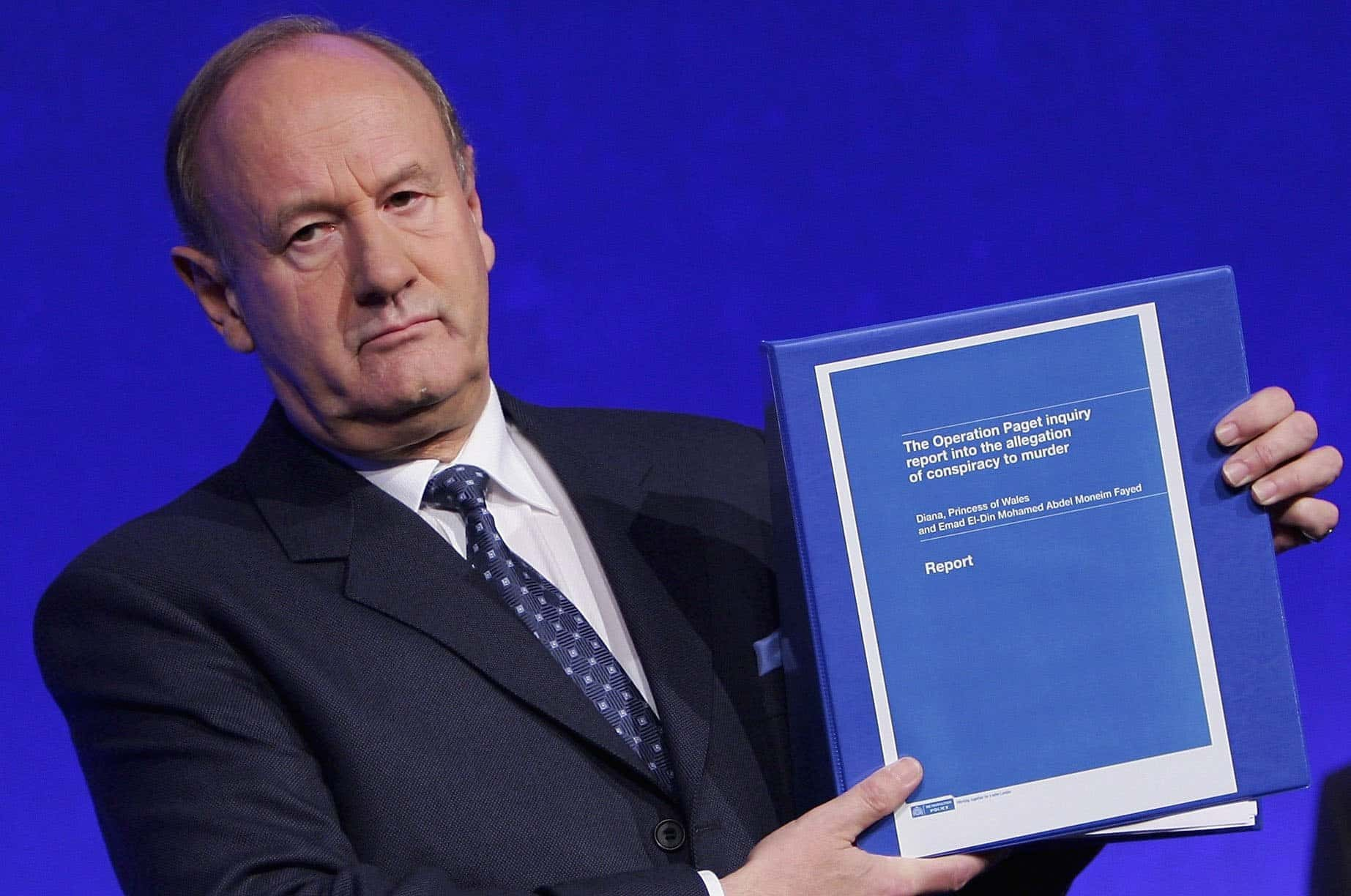Why Princess Diana's death conspiracy theories refuse to fade even 25 years later

LONDON, UK: Almost 25 years have passed since Princess Diana was killed in the car crash in Paris in 1997. However, conspiracy theories surrounding her death are very much alive with the question -- Who killed the Princess of Wales?
News of the car crash in Paris' Pont de l'Alma tunnel on August 31, 1997, that killed Diana and her partner Dodi Fayed, along with their driver Henri Paul, left the world in shock. As per Newsweek, Fayed was pronounced dead at the spot, but Diana received medical assistance and was rushed to the Pitié-Salpêtrière Hospital where she died later. Although investigations declared the death as an accident due to driver's reckless driving, people still believe there was foul play, even though it has been more than two decades since the incident.
RELATED ARTICLES
Prince William says he WON'T allow Diana’s tragic death to 'break' him in viral clip
The conspiracy theories
Following the news of Diana's death, a number of conspiracy theories began. From paparazzi being blamed for following the car to Diana being murdered as she was pregnant with Fayed's child. However, an autopsy revealed she wasn't pregnant, as per a 2007 report by The Guardian. Dr Robert Chapman, who did the postmortem, said Diana's womb and ovaries did not display any changes.
Another theory claimed that Paul, the driver of the car, was an informant for the secret services and may have intentionally caused the crash. He was the deputy head of security at the Ritz Paris where Diana and Fayed were staying. As per The History Channel, there were dubious funds in Paul’s account and Richard Tomlinson, who was formerly in the MI6, mentioned that he was on the agency's payroll.

Operation Paget
An official police enquiry was opened into Diana's death on January 6, 2004, which was headed by then-Metropolitan Police Commissioner John Stevens. The 832-page report called Operation Paget was released in December 2006. Lord Stevens, 79, the former head of the Metropolitan Police, told Times of London, as per NY Post, "She was so popular. People find it very difficult to understand how someone like that could die in such an accident. You will have certain people around who — whatever the evidence — will still think there is a conspiracy here. I think it is probably impossible [to persuade them otherwise].” He added, "It was very emotional. They asked to see me on my own. It wasn’t easy. There was anger there around a number of issues, but the main one was paparazzi.”

As part of his investigation, when he met Fayed's father Mohamed Al Fayed, Stevens said, "When I first went in, he offered me some presents including a tie … which we certainly said ‘no’ to. And he said, ‘Would you like a glass of champagne?’ I certainly had a glass – and never more than one as it happened, even though he accused me of drinking him out of champagne, which was just not true. He was a grieving father. We were basically family liaison officers."
As per the report, the task force examined 104 allegations. They also investigated the high level of carbon monoxide in Paul’s blood, and who owned the white Fiat that had hit the Mercedes. Stevens said, "The [carbon monoxide] was so high that it really caused concern, because the implication could be that it was pumped into the car, disabling Henri Paul and the residents. We threw everything at this, and found the French had made a mistake. They had taken the blood from the chest cavity rather than the heart." The former head, whose inquiry was closed with the conclusion of the British inquest in 2008, said, "If we hadn’t got to the bottom of that, we would have found it very difficult to come to the conclusion that there hadn’t been some malfeasance or criminal action.”










